您的购物车目前是空的!
Understanding UK and US Power Plugs and Sockets
Beginner's Guide to Track Sockets discussion of various topics Outlets Guide remodeling plans
Understanding UK and US Power Plugs and Sockets
In our connected world, it is important to understand the different types of power plugs and sockets. This knowledge is especially useful when traveling or moving to a new place. This article will look at the different power plug standards in the UK and US. It will highlight their differences, specifications, and how people use them.
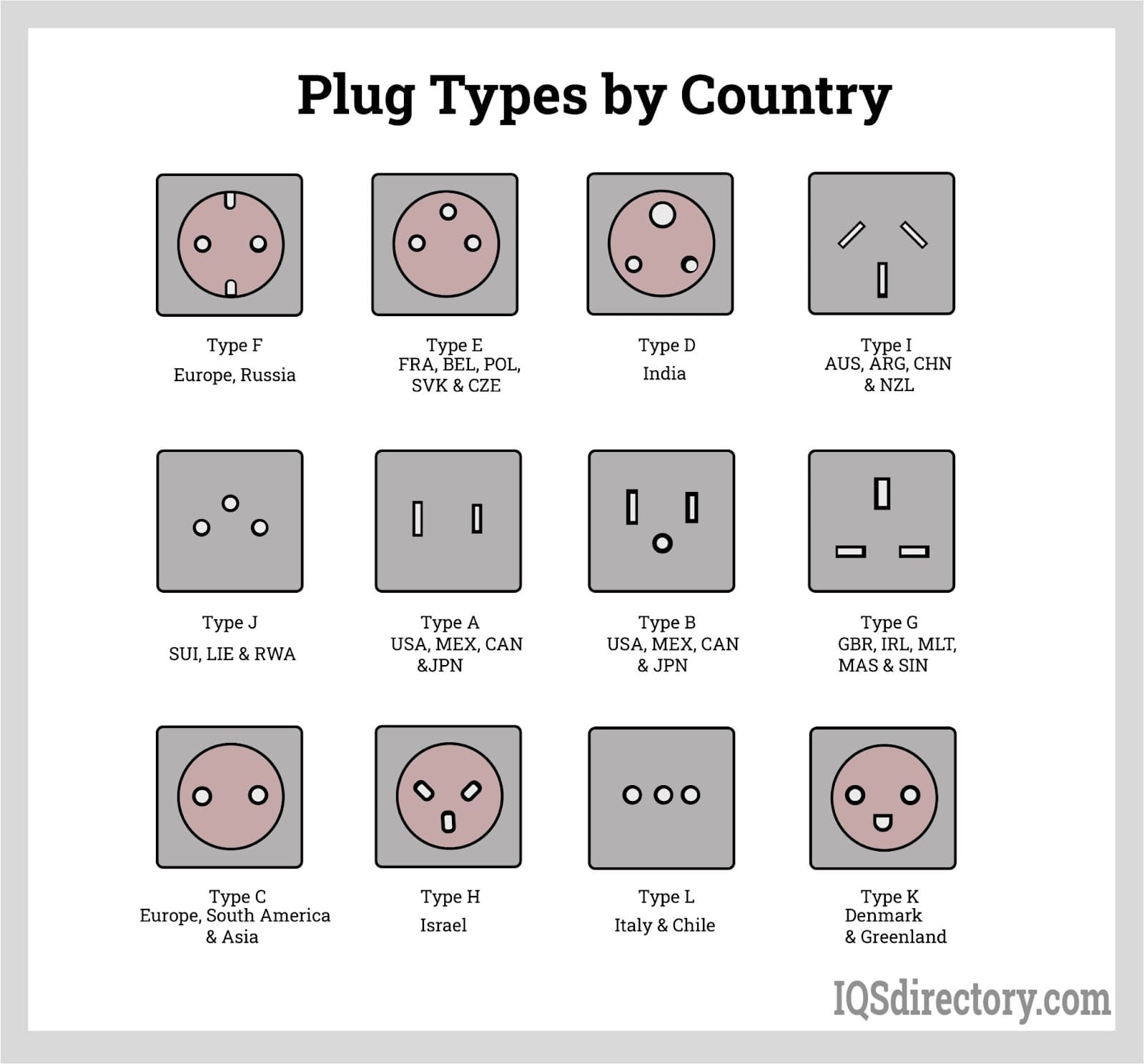
Introduction to Power Plug Standards
Power plugs and sockets are essential components for powering our devices. Different countries have adopted various standards to ensure safety and compatibility.
In this section, we will introduce the basic concepts of power plugs and sockets, focusing on the UK and US.
Types of Power Sockets in the UK
Overview of UK Power Socket Types
The UK primarily uses the Type G power socket, which features three rectangular prongs. This design allows users to insert the plug only one way, enhancing safety.
Note:In Singapore, there are three main types of power sockets with power plug connections: C-type, M-type and G-type: the C-type plug consists of two round pins, while the M-type plug has three round pins, with the top one being the largest and used as the grounding pin. The most common type of power socket in Singapore is the British type G socket, which has three flat rectangular pins arranged in a triangular shape. –Click here to learn more about Singapore Sockets
Common Uses of UK Plugs and Sockets
UK plugs are used in various appliances, from everyday electronics like phone chargers to larger appliances such as refrigerators. Engineers designed the design to prevent accidental shocks and ensure safe operation.
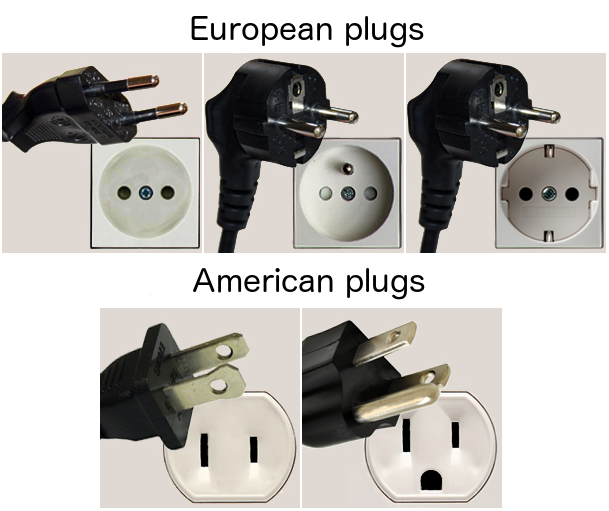
Types of Power Sockets in the US
Overview of US Power Socket Types
In contrast, the US predominantly uses Type A and Type B sockets. Type A has two flat parallel pins, while Type B adds a grounding pin. Understanding these types is vital for both residents and travelers.
Common Uses of US Plugs and Sockets
Many devices use US plugs. You can find them in laptops, kitchen appliances, and power tools. This makes them common in American homes.
Differences Between UK and US Power Sockets
Voltage and Frequency Comparison
The UK operates on a voltage of 230V at a frequency of 50Hz, while the US uses 120V at 60Hz. This difference can affect appliance compatibility, making it essential to use the correct plug and adapter.
Physical Differences Between Plugs
The physical designs of UK and US plugs differ significantly. The UK plug is bulkier, often featuring a fuse for additional safety, while US plugs are generally more streamlined.
UK Plug and Socket Specifications
UK Electric Plug Types
The UK uses various plug types, but Type G is the most common. The designers included safety features such as insulated pins and a fuse.
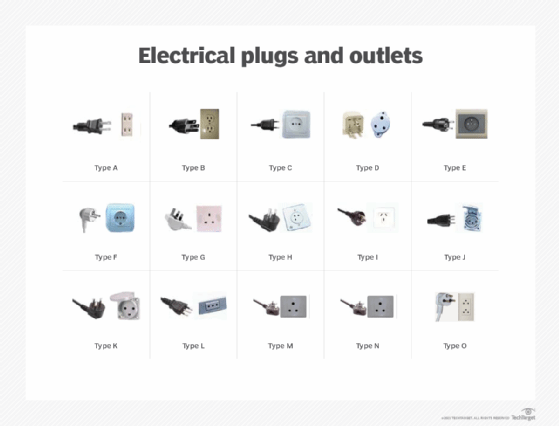
Characteristics of UK Wall Outlets
The Type G plug fits UK wall outlets. This design helps keep appliances securely connected. It also reduces the risk of electrical accidents.
Safety Standards for UK Power Sockets
UK power sockets are subject to rigorous safety standards, which include measures to prevent electrical shocks and short circuits. Compliance with these standards is crucial for ensuring user safety.
Learn more:BS 7671 UK wiring regulations
US Plug and Socket Specifications
US Power Socket Types
US sockets mainly use Type A and B designs. Both types safely fit their specific plugs.
Characteristics of US Wall Sockets
US wall sockets must meet specific safety regulations, including tamper-resistant designs that help protect children from electrical hazards.
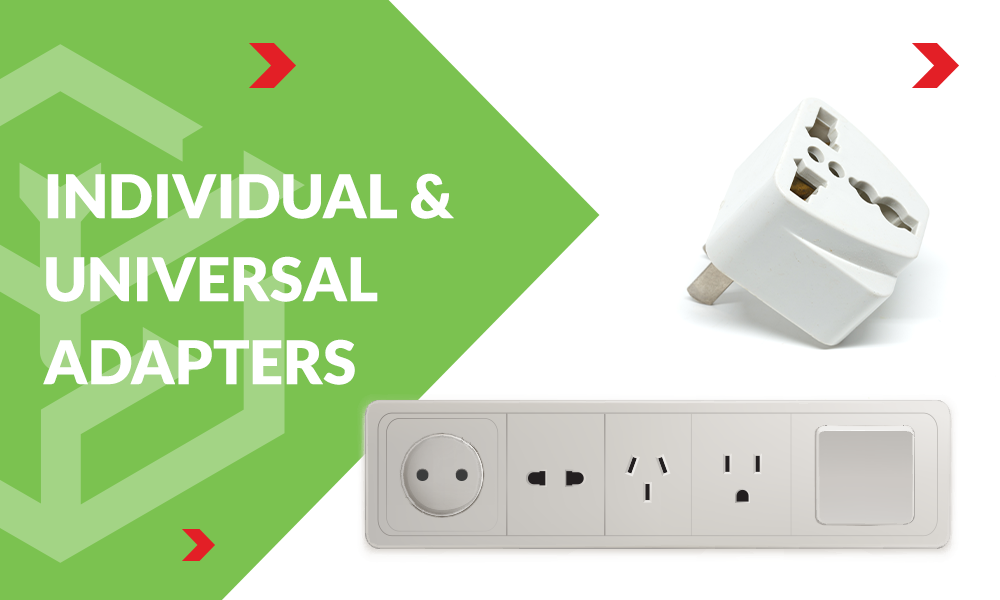
Safety Standards for US Power Sockets
The US has safety standards for plugs and sockets. These standards help them handle different electrical loads. This reduces the risk of fires and other dangers.
Learn more:U.S. National Electrical Code (NEC)
Adapting Between UK and US Power Systems
Using UK Power Plug Adapters
When traveling from the UK to the US, a UK power plug adapter is often necessary to convert the plug shape. These adapters do not convert voltage, so travelers should also consider a voltage converter for their devices.
Using US Power Plug Adapters
Travelers from the US to the UK will need a US power plug adapter. This adapter will help their devices fit into UK outlets.
Frequently Asked Questions (FAQs)
What is the main difference between UK and US plugs?
The primary differences lie in their design, voltage, and safety features, with UK plugs being larger and featuring fuses.
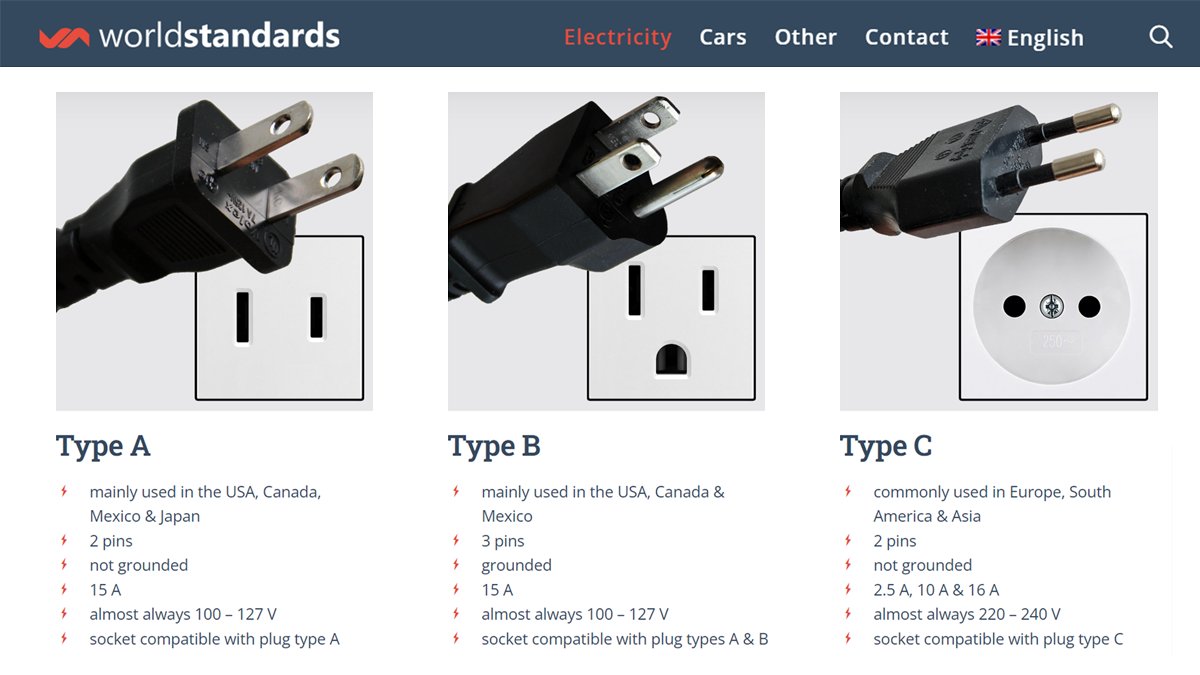
Can I use a US plug in a UK socket?
No, using a US plug directly in a UK socket is unsafe without an appropriate adapter and voltage converter.
What type of plug adapter do I need for the UK?
Travelers from the US to the UK will need a Type G adapter for their devices.
Are UK power sockets safe to use?
Yes, UK power sockets meet strict safety standards, making them safe for everyday use.
How to choose the right power adapter?
Consider the plug type, voltage requirements, and device specifications when selecting an adapter.
What should I do if I have a damaged plug?
Replace damaged plugs immediately to prevent electrical hazards. Consult a professional if necessary.
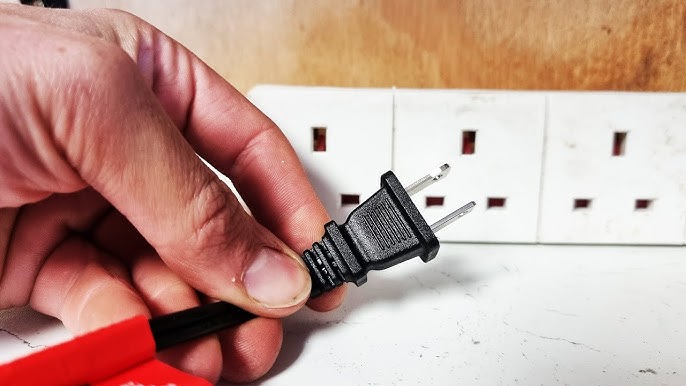
Conclusion
It’s important to know the differences between UK and US power plugs and sockets. This knowledge helps you use electrical devices safely and effectively. By knowing the specifications and safety measures, users can avoid potential hazards and ensure their devices operate smoothly.
- Wowsocket: Your Trusted Track Socket Factory for UK-Compliant Power Solutions
- Track Socket UK: The Ultimate Guide to Choosing and Installing the Right Power Solution
- Track Sockets in the Netherlands: The Ultimate Solution for Smart Homes
- Les Prises de Courant sur Rail en France : La Solution Électrique Flexible et Intelligente pour Votre Maison
- UK Track Sockets: The Ultimate Smart Power Solution for Your Home
12,447 点击次数

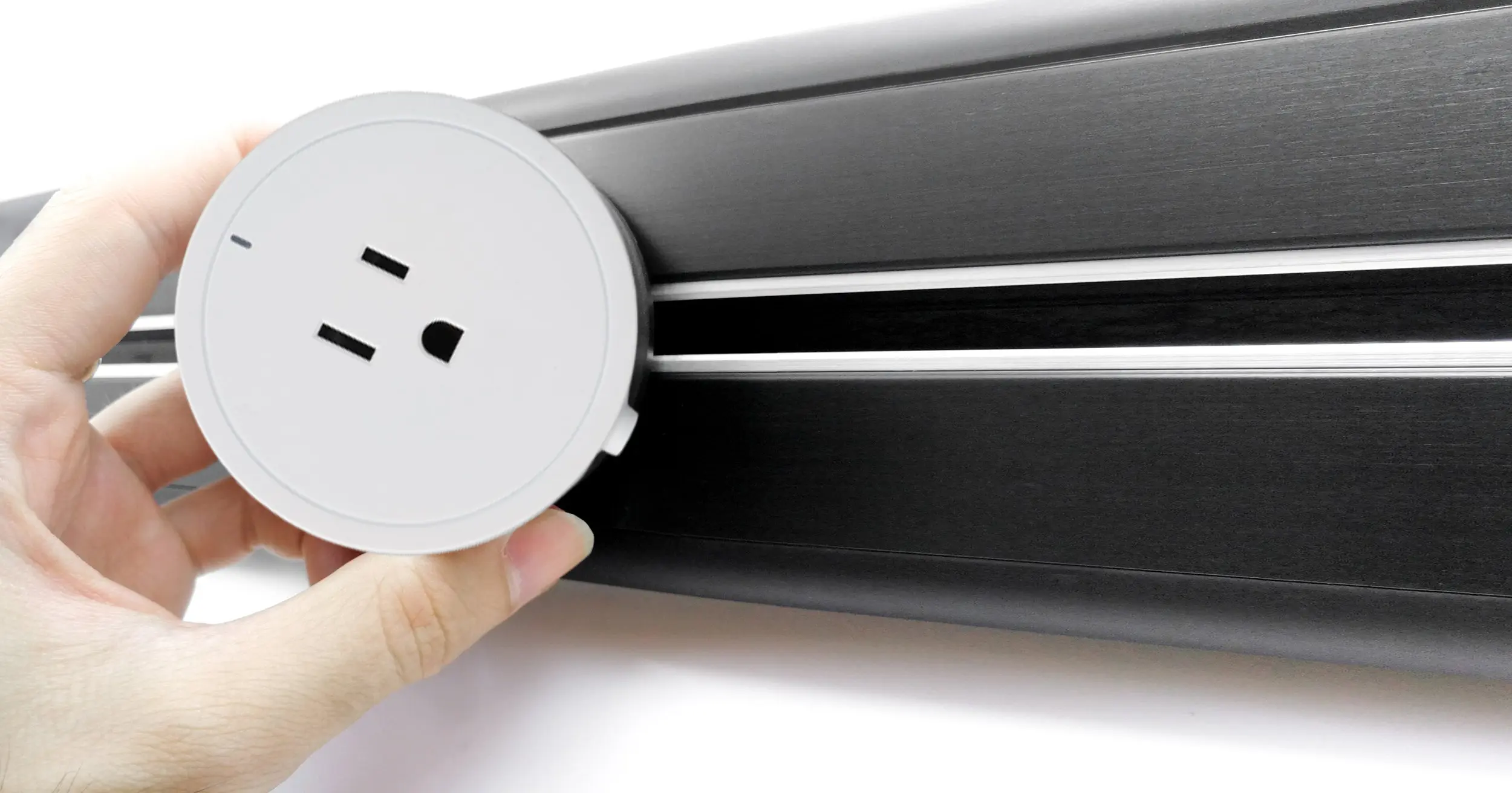
发表回复